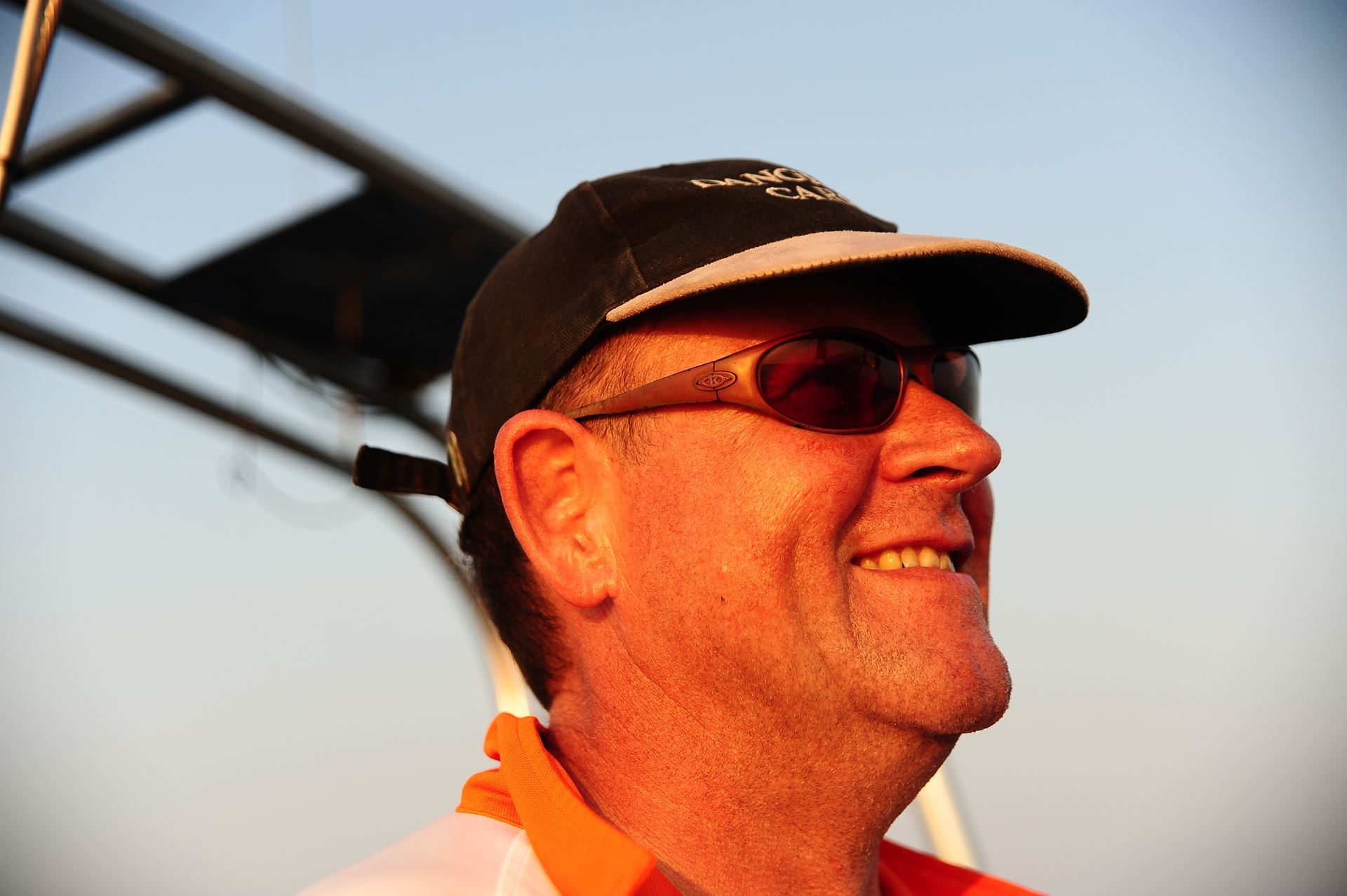LOW IMPACT BOATING INITIATIVE - DIRECT DOWNLOAD
AUTHOR'S BIOGRAPHY

Simon Boyde comes from an IT Engineering background and a fifty year boating background. He, with Louise Connolly (and brother Nic Boyde) established Storm Force Marine Ltd in 2005 , which is now HK's largest distributer of fittings and technical products to the small commercial vessel and leisure marine industry. Simon was the founding Chair of the Hong Kong BIA and has now left Storm Force Marine and resides principally in the UK. He operates as an independent consultant to the marine industry and designs boats.
SUMMARY
This paper seeks to introduce multiple measures to reduce the immediate environmental impact in the build and operation of leisure marine vessels.
The Low Impact Boating Initiative (LIBI) is a new framework to address areas in which the world wide leisure marine industry, from paddle boards to Superyachts, can work together to reduce the environmental impact of our industry.
There is an overwhelming scientific consensus that human activity is raising world temperatures, leading to unsettled climatic conditions and the potential for catastrophic rising sea levels on a world wide scale.
Our energy intensive lifestyles, increasingly adopted worldwide, are working against our ability to reduce greenhouse gas emissions and pollutants.
Where consumer campaigns around the world have had a huge impact on other industries - from plastic straw manufacturers to cars - our industry has failed to keep up with the changing commercial and regulatory environment outlined in the Appendix to this paper.
In general the Leisure Marine Industry has been a receiver, not an initiator, of environmental regulations mostly mostly generated by National authorities. Few initiatives to address these issues have come from us as an industry.
While commercial maritime has been adopting increasingly strict criteria for build and operation of new and existing vessels, in comparison the leisure marine industry on a worldwide scale is still looking for exemptions on fuel use, exemptions on emissions, and much of the fleet is constructed out of materials which are impossible to recycle except with high energy inputs.
The Low Impact Boating Initiative seeks to rectify that deficit. We need to be leaders, not just followers, or we are in danger of received regulations putting our entire industry's existence in question.